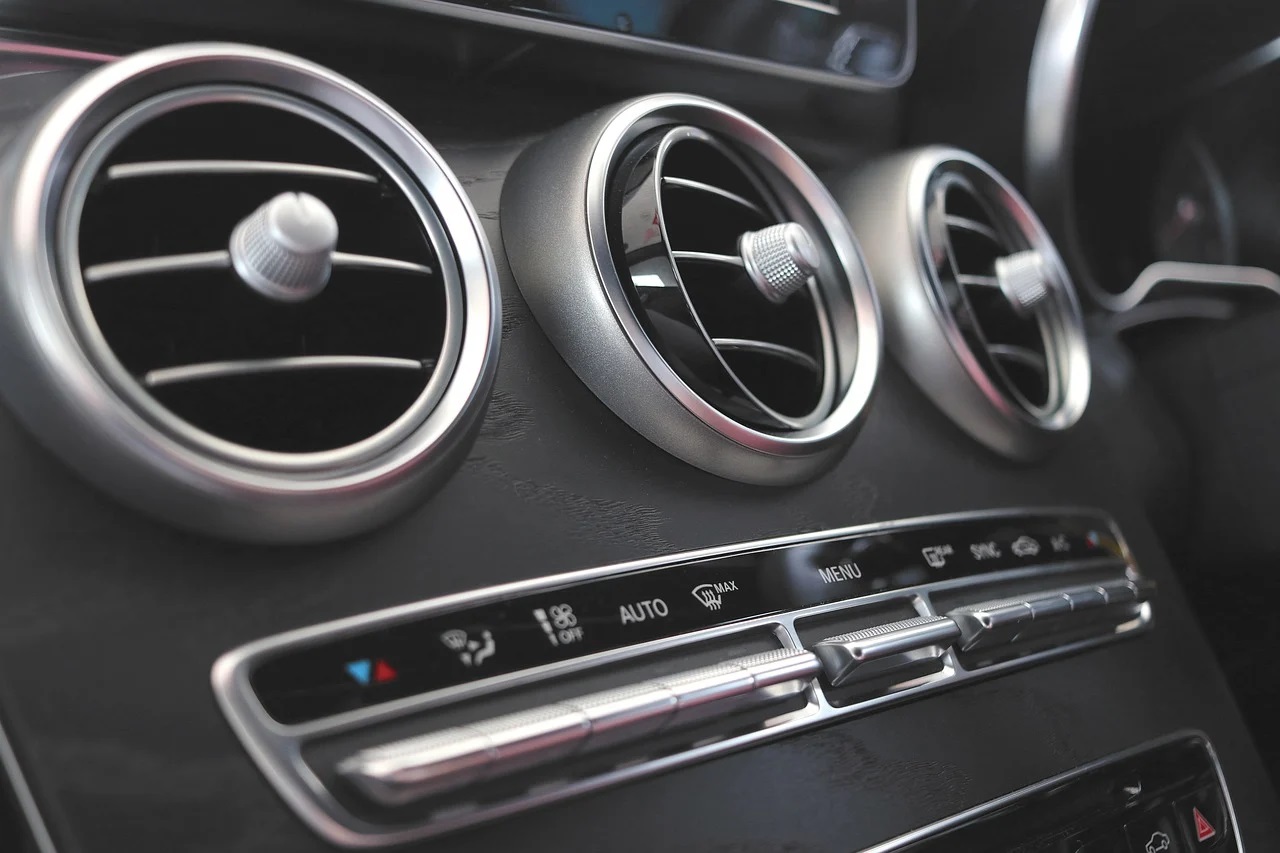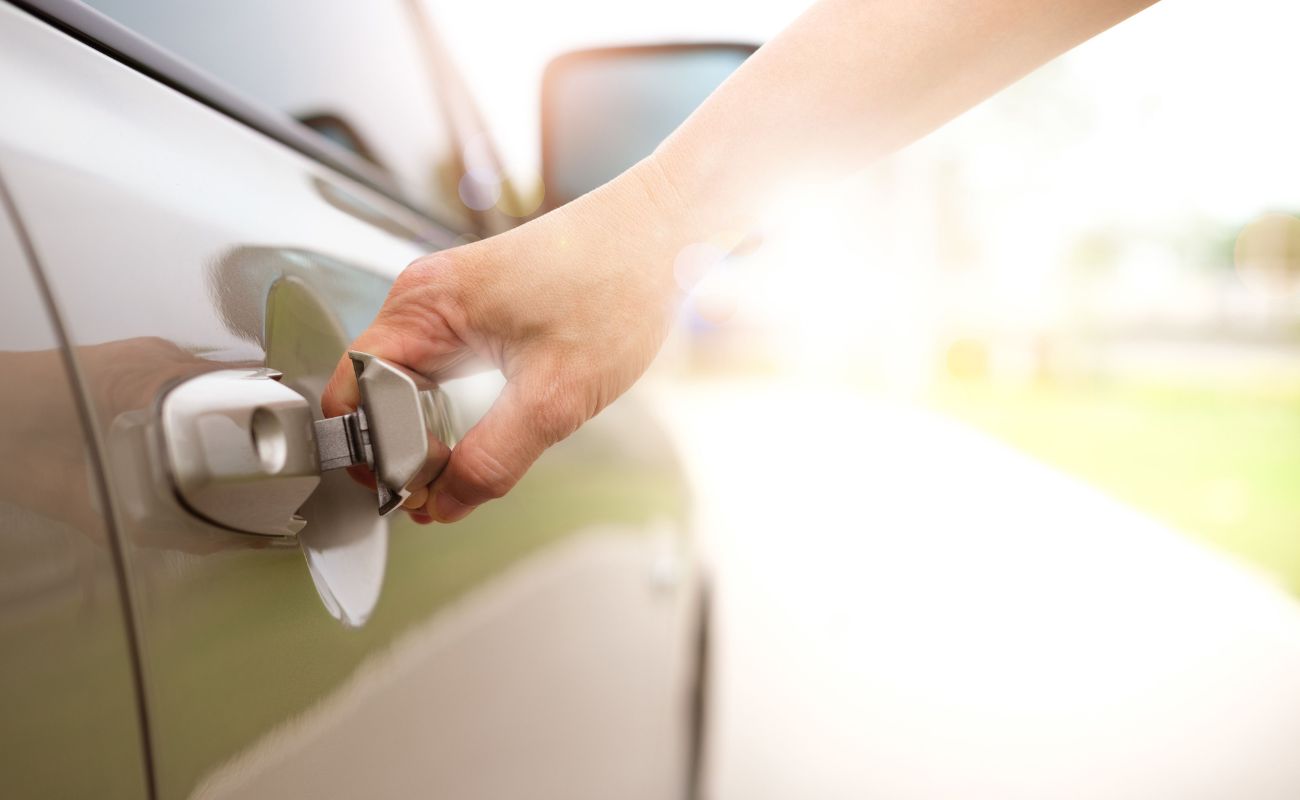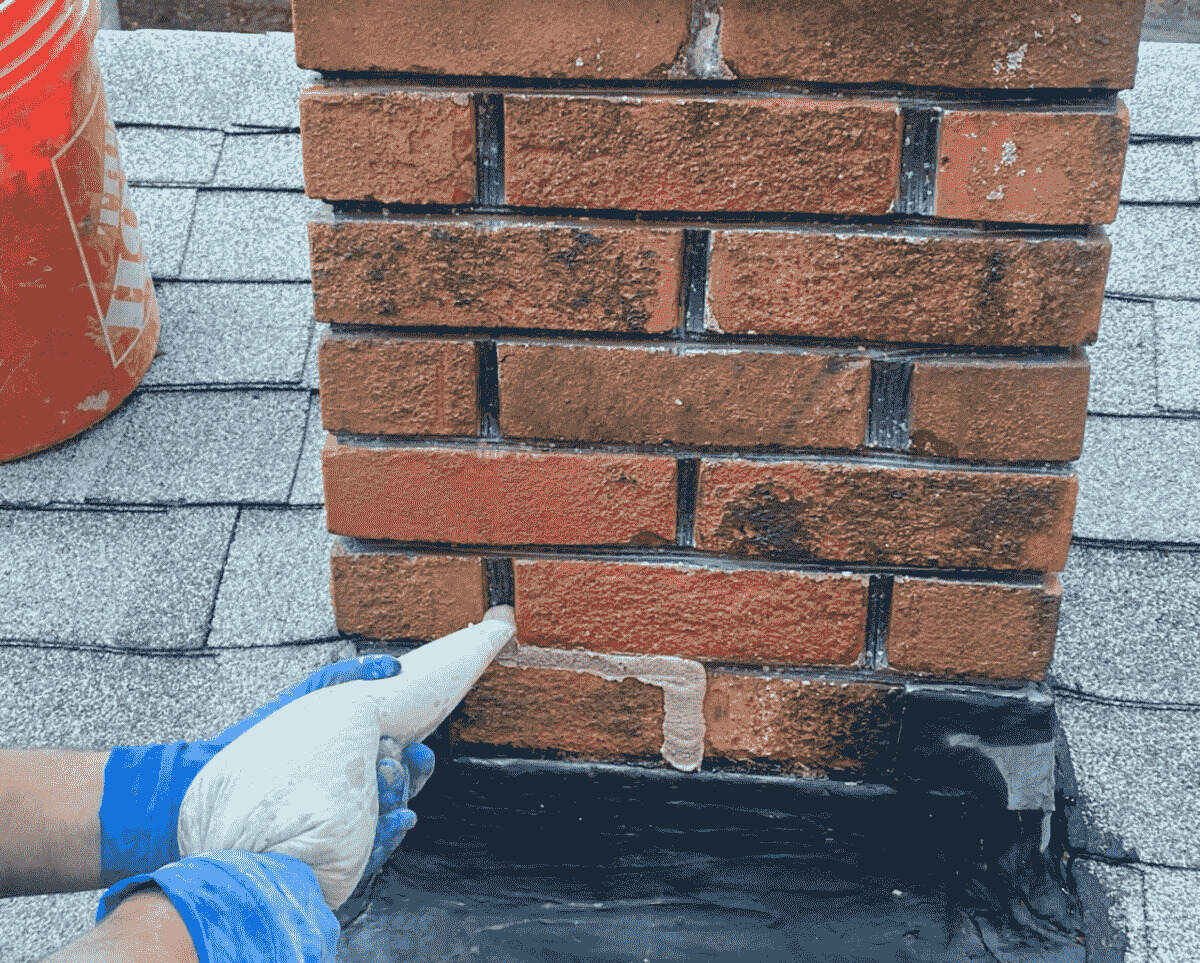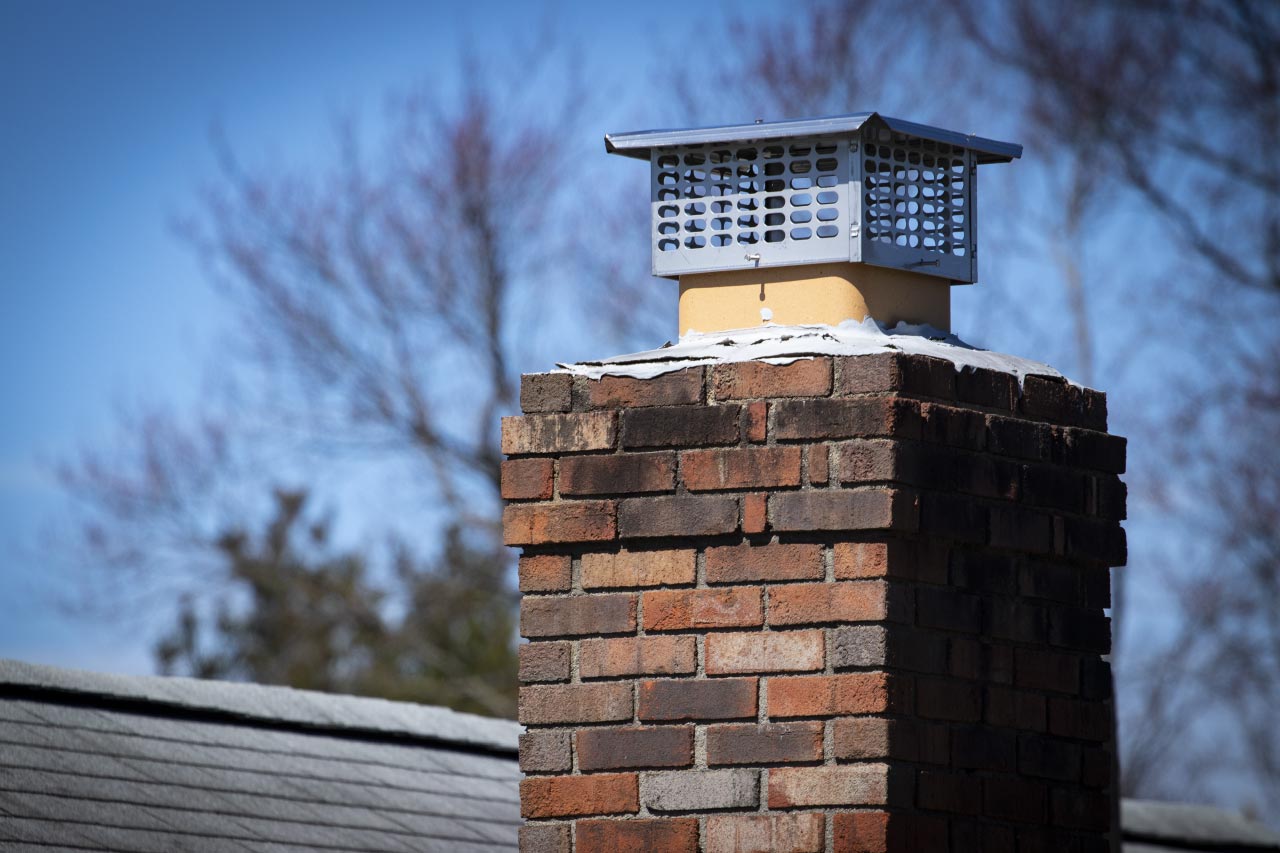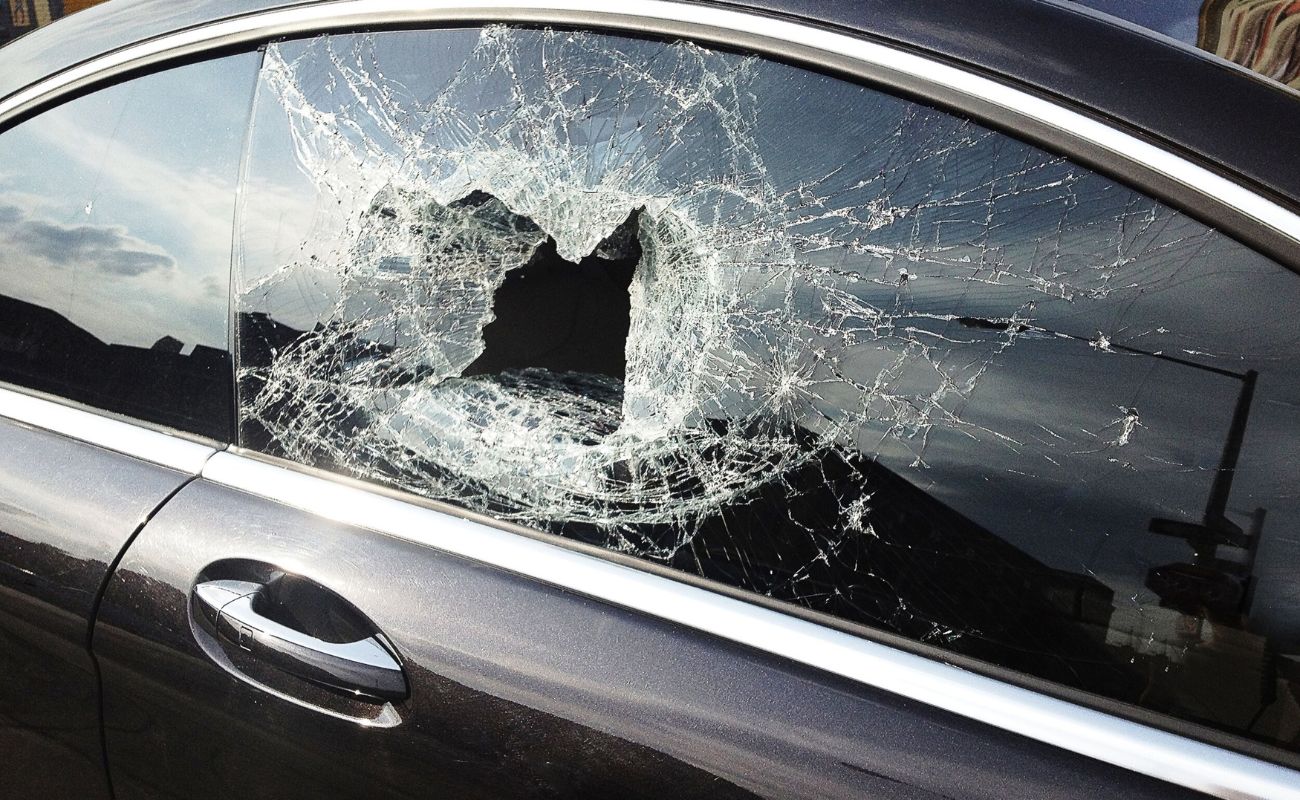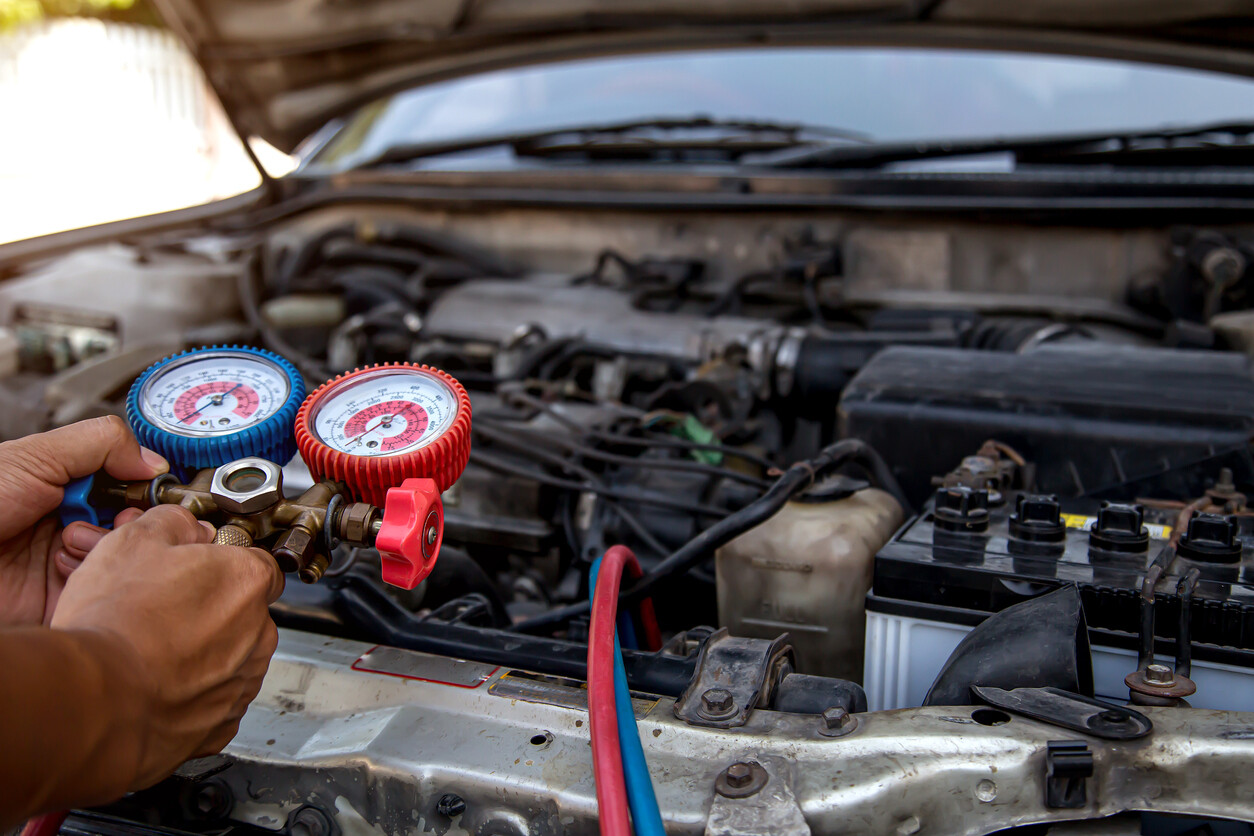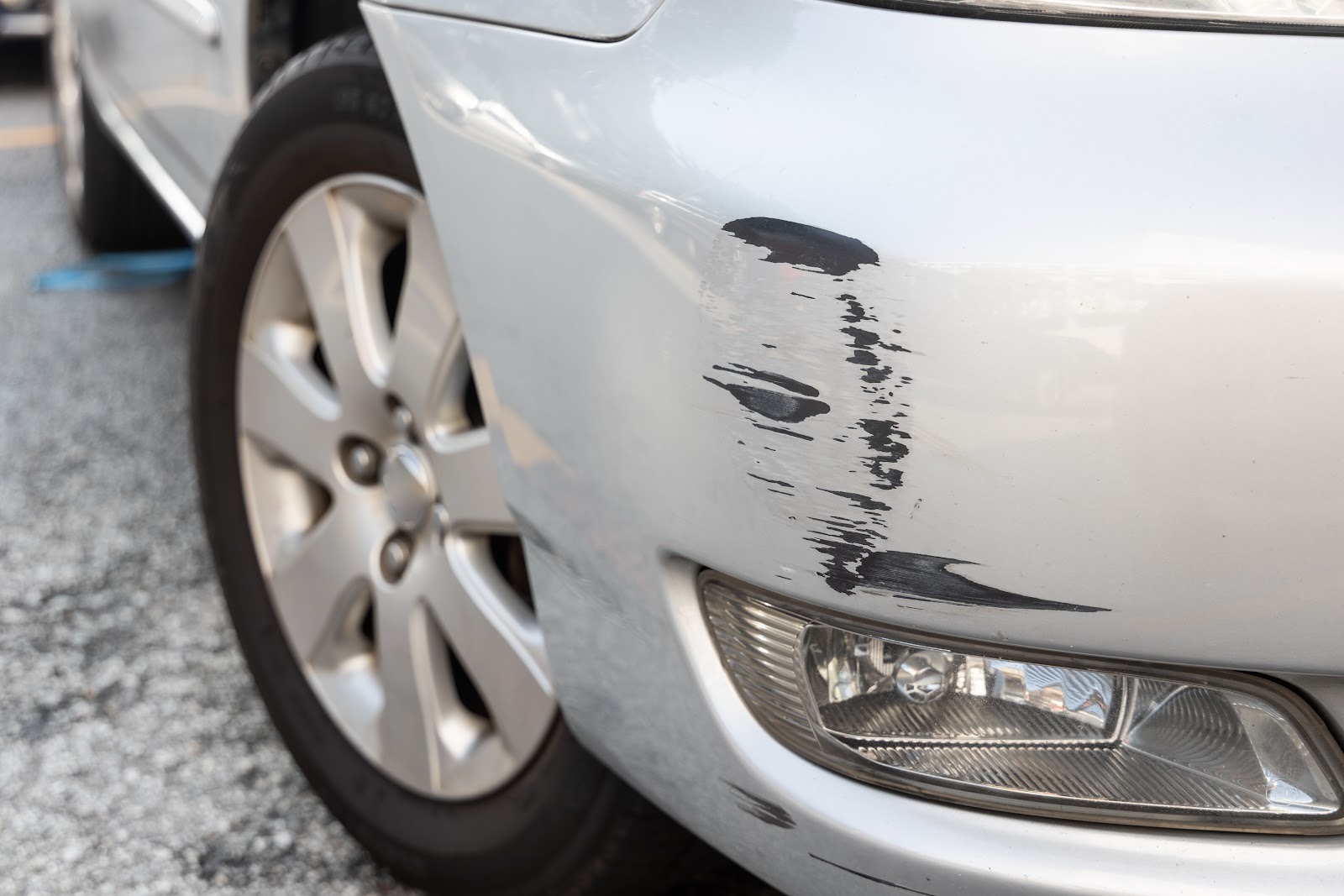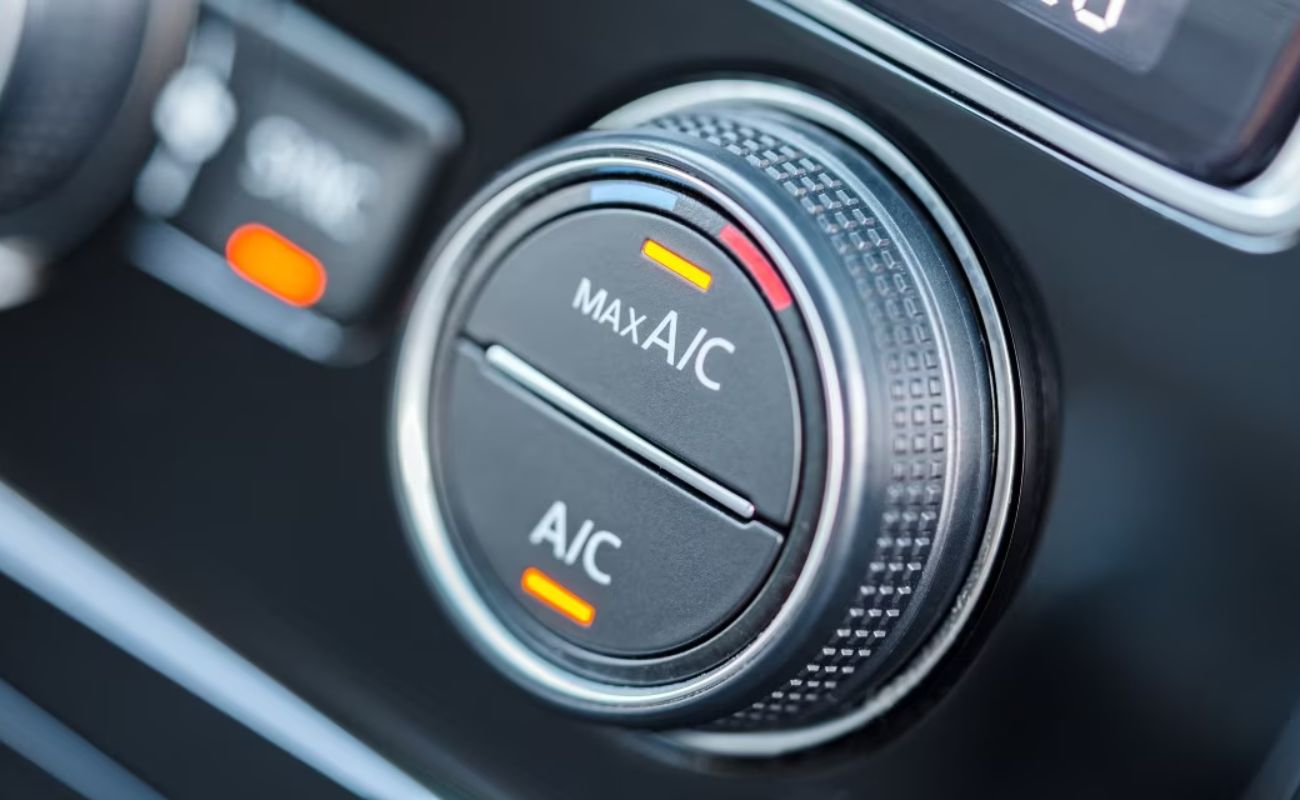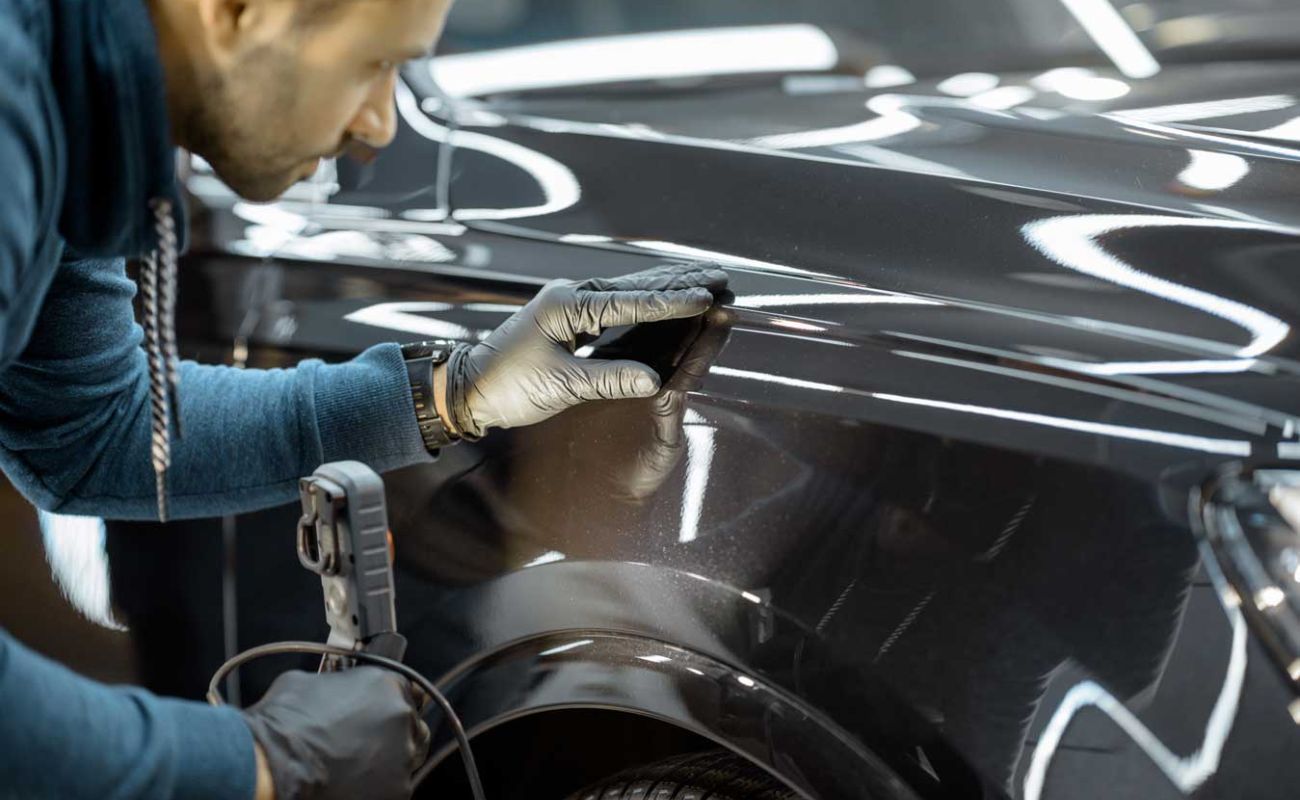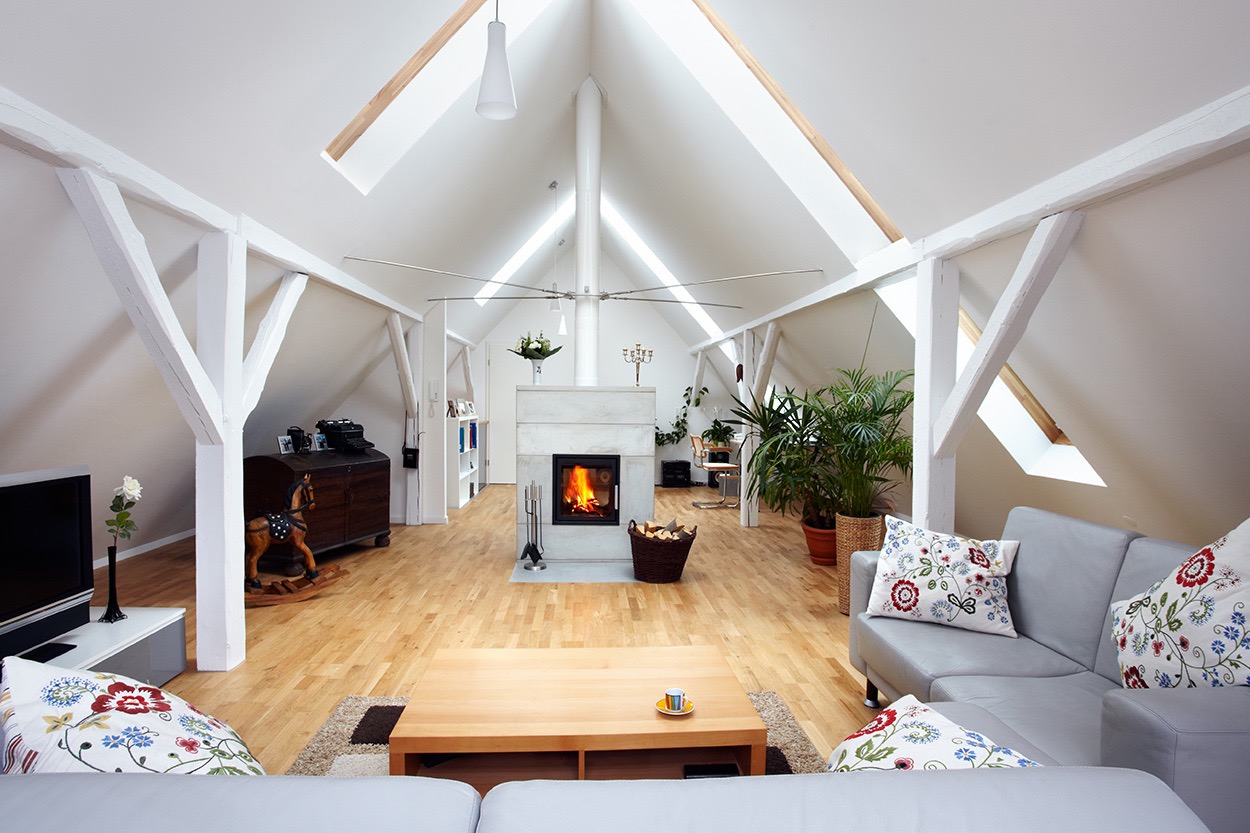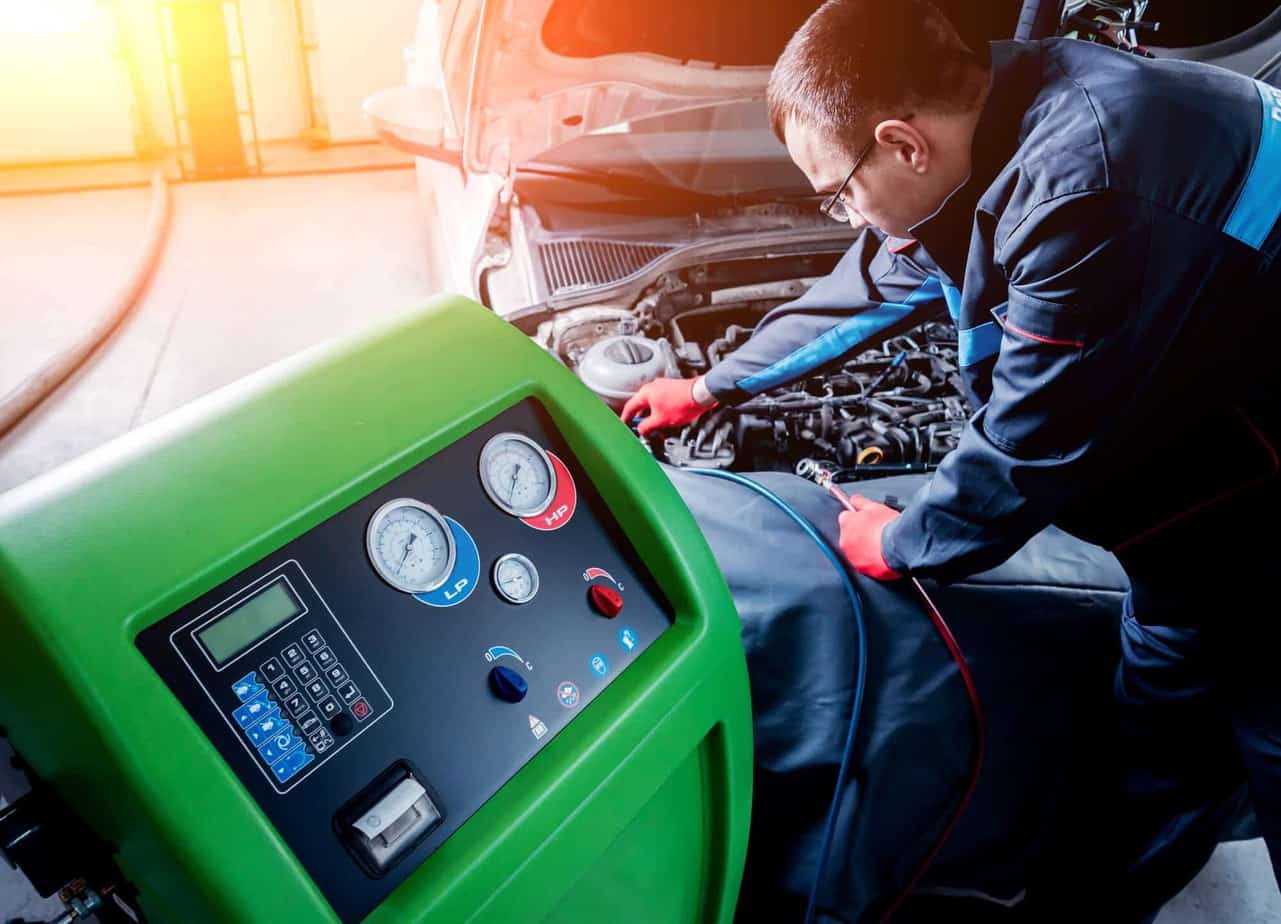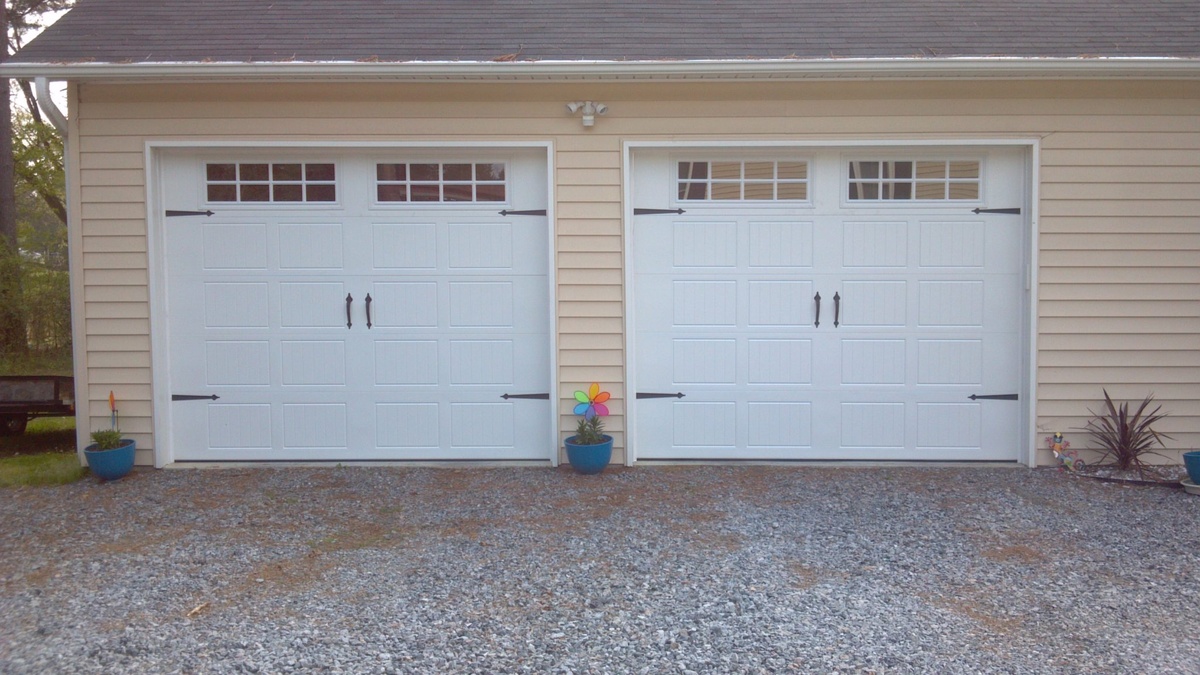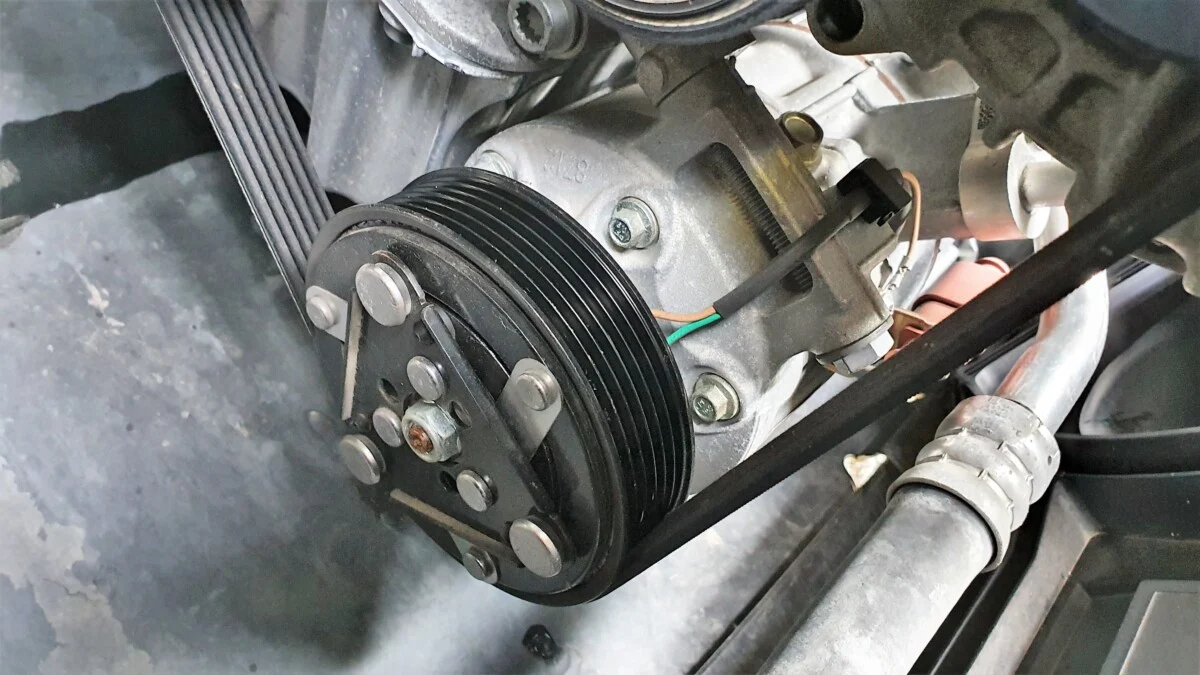Home>Home Maintenance>How Much Does Car Rust Repair Cost
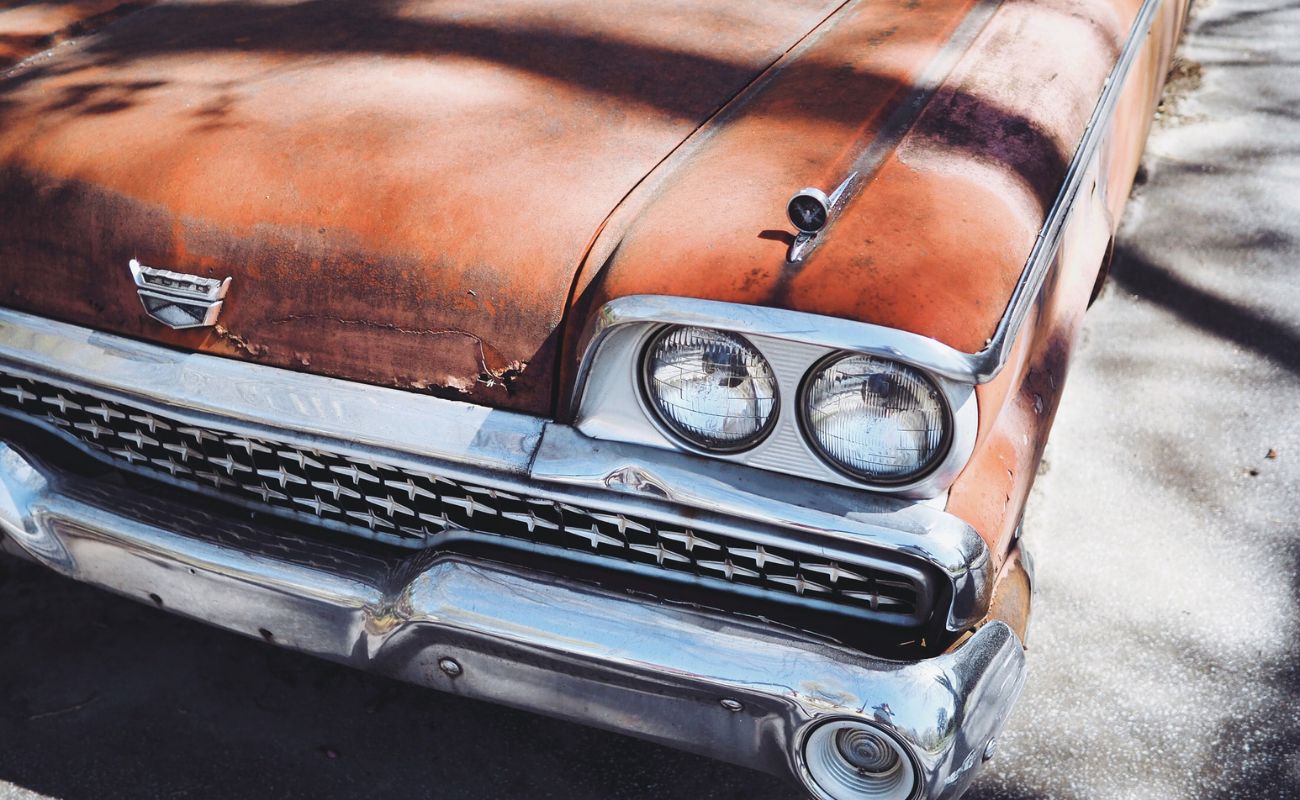

Home Maintenance
How Much Does Car Rust Repair Cost
Modified: May 6, 2024
Discover the average cost of car rust repair and get tips on how to save money. Learn about the importance of home maintenance and preventing rust damage.
(Many of the links in this article redirect to a specific reviewed product. Your purchase of these products through affiliate links helps to generate commission for Storables.com, at no extra cost. Learn more)
Introduction
Welcome to the world of car maintenance! Whether you’re a seasoned car owner or a new driver, one of the issues you may encounter is rust. Rust not only affects the appearance of your vehicle but can also lead to serious structural damage if left untreated. If you’re wondering how much car rust repair will cost, you’ve come to the right place.
Car rust repair costs can vary depending on several factors, including the extent of the rust, the location of the rust on the car, and the type of repair needed. In this article, we will explore the factors that affect car rust repair costs, common types of car rust, the difference between DIY and professional rust repair, and provide you with an average cost estimate to help you budget accordingly.
Before we dive into the specifics, let’s take a closer look at the factors that can influence the cost of car rust repair.
Key Takeaways:
- Don’t ignore car rust! It can lead to serious damage. Costs vary based on rust severity, location, and repair method. Get multiple quotes for accurate estimates.
- Prevent rust to save money! Regular cleaning, protective coatings, and addressing paint damage can reduce the need for costly repairs. Stay proactive with car maintenance.
Read more: How Much Does Chimney Inspection Cost
Factors Affecting Car Rust Repair Costs
When it comes to car rust repair costs, there are several factors that can impact the overall price. Understanding these factors will not only help you estimate the cost but also make informed decisions about the repair process. Let’s take a closer look at these factors:
- Extent of Rust: The severity of the rust will play a significant role in determining the cost of repair. Minor surface rust can often be fixed with a simple cleaning and repainting, which will be more affordable compared to extensive rust that requires panel replacement or welding.
- Rust Location: The location of the rust on your car can also impact the cost. Rust that has spread to hard-to-reach areas or critical structural components may require more extensive repairs, resulting in higher costs.
- Car Model and Age: The make, model, and age of your vehicle can influence the cost of rust repair. Some cars have more susceptible areas to rust, and older models may require extra care and parts that are harder to find, increasing the overall repair expenses.
- Repair Method: The chosen repair method will also affect the cost. Minor surface rust can often be addressed with DIY methods or by using off-the-shelf rust repair kits, which are generally more affordable. On the other hand, hiring a professional for welding, panel replacement, or extensive repairs will be more expensive but may yield higher-quality results.
- Geographical Location: The cost of car rust repair can vary depending on your geographical location. Repair services in metropolitan areas or regions with a higher cost of living may charge more for labor and materials.
- Additional Damage: Sometimes rust can lead to secondary damage, such as corrosion of nearby parts or weakened structural integrity. Repairing these additional damages can add to the overall cost of rust repair.
Keep in mind these factors when estimating the cost of car rust repair. Now that we have a better understanding of the factors affecting the cost, let’s explore some common types of car rust you may encounter.
Common Types of Car Rust
Car rust can appear in various forms, each with its own characteristics and potential damage. Understanding the different types of rust will help you identify and address the issue early on, potentially saving you from costly repairs down the road. Here are some of the common types of car rust:
- Surface Rust: This is the most common type of car rust and often occurs on exposed metal surfaces. It appears as small, shallow spots or discoloration on the paint. Surface rust is typically superficial and can be easily repaired with sanding, rust removal, and repainting.
- Pitting Rust: Pitting rust is more advanced than surface rust and manifests as small pits and holes on the metal surface. It occurs when the rust penetrates into the metal, causing deterioration. Repairing pitting rust often requires sanding, filling, and repainting to restore the damaged area.
- Bubbling Rust: Bubbling rust is a sign of moisture trapped underneath the paint, causing the metal to rust from the inside out. It appears as raised bubbles or blisters on the surface. Repairing bubbling rust typically involves removing the affected area, treating the surface, and repainting.
- Structural Rust: Structural rust is the most concerning type as it affects the integrity of the car’s structure. It can occur in critical areas such as the frame, suspension components, or floor pans. Repairing structural rust may require professional intervention, involving welding, panel replacement, or even structural reinforcement.
- Undercarriage Rust: Undercarriage rust commonly occurs in areas exposed to road salt, moisture, and debris. It affects the underside of the vehicle and can cause significant damage if left untreated. Repairing undercarriage rust may involve thorough cleaning, rust removal, and applying protective coatings to prevent further corrosion.
Identifying the type of rust on your car is essential for determining the appropriate repair method and estimating the cost. While minor surface rust can be addressed with DIY solutions, more extensive and structural rust may require professional assistance. Now that we have a better understanding of the types of rust, let’s explore the options of DIY versus professional car rust repair.
DIY vs Professional Rust Repair
When it comes to car rust repair, you have the option to tackle the job yourself or hire a professional. Both approaches have their advantages and considerations. Let’s take a closer look at the pros and cons of DIY versus professional rust repair:
DIY Rust Repair
DIY rust repair can be a cost-effective option, especially for minor surface rust or small areas of corrosion. Here are some benefits of undertaking the task yourself:
- Cost Savings: DIY rust repair can save you money as you won’t have to pay for professional labor. You can purchase rust repair kits, sandpaper, rust converters, primers, and paints at a fraction of the cost of hiring a professional.
- Convenience: With DIY, you have the flexibility to work on the project at your preferred time and pace, without being dependent on a professional’s availability.
- Learning Opportunity: Taking on the challenge of DIY rust repair allows you to learn new skills and gain a better understanding of your car’s maintenance needs.
- Immediate Action: DIY repair allows you to address minor rust issues as soon as they appear, preventing further damage.
However, there are some considerations when opting for DIY rust repair:
- Skill Level: Rust repair requires some level of expertise and tools. If you’re not confident in your abilities, you risk causing further damage or achieving subpar results.
- Time and Effort: Rust repair can be time-consuming and labor-intensive, especially for extensive or structural rust. Be prepared to invest significant time and effort into the project.
- Equipment and Materials: DIY rust repair necessitates the use of specific tools, rust removal products, primers, and paints. Ensure you have the necessary equipment and quality materials for a successful repair.
Read more: How Much Does It Cost To Replace A Chimney
Professional Rust Repair
Hiring a professional for your car rust repair comes with its own set of benefits:
- Expertise and Experience: Professionals have the knowledge, skills, and experience to assess the extent of the rust damage accurately and recommend the appropriate repair methods.
- Quality Workmanship: Professional rust repair ensures high-quality and long-lasting results. They have access to specialized tools, equipment, and materials for a thorough and precise job.
- Time-Saving: Professionals can complete the rust repair more quickly and efficiently, allowing you to get back on the road sooner.
- Warranty and Guarantees: Many professional rust repair services offer warranties or guarantees for their work, providing you with peace of mind.
However, professional rust repair also has a few considerations:
- Higher Cost: Hiring a professional for rust repair will typically be more expensive than DIY, especially for extensive repairs or structural rust.
- Dependency: You will need to coordinate with the professional’s schedule and availability, potentially causing delays in the repair process.
Consider your skills, the extent of the rust damage, and your budget when deciding between DIY and professional rust repair. Now let’s move on to discussing the average cost of car rust repair.
Average Cost of Car Rust Repair
The cost of car rust repair can vary significantly depending on the extent of the rust damage, the type of repair needed, and other factors we mentioned earlier. To give you a general idea, here are some average cost ranges for car rust repair:
- Minor Surface Rust: If you’re dealing with minor surface rust that only requires cleaning, sanding, and repainting, the cost can range from $100 to $300 per affected area.
- Pitting Rust: Repairing pitting rust, which involves sanding, filling, and repainting the damaged area, can cost between $300 to $800 per affected panel.
- Bubbling Rust: Bubbling rust repair, which involves cutting out the affected area, treating the surface, and repainting, can cost anywhere from $500 to $1,500 per affected panel.
- Structural Rust: Structural rust repair is typically the most expensive, as it may involve welding, panel replacement, or reinforcement. The cost can range from $1,000 to $5,000 or more, depending on the extent of the structural damage.
It’s important to note that these are rough estimates, and the actual cost can vary depending on various factors such as the location, the car model, and the labor costs in your area. Additionally, these estimates do not include any additional repairs or parts replacement that may be required due to the rust damage.
Before committing to any repairs, it’s always advisable to obtain multiple quotes from reputable repair shops or consult with a professional to assess the extent of the rust damage and provide you with a more accurate cost estimate.
Now that we have an idea of the average cost of car rust repair, let’s explore the cost associated with repairing specific car parts affected by rust.
Cost of Rust Repair for Specific Car Parts
Car rust can affect various parts of the vehicle, and the cost of repair can vary depending on the specific area that requires attention. Here are some common car parts prone to rust and their estimated repair costs:
- Quarter Panels: Rust on the quarter panels, which are the panels located at the rear sides of the vehicle, can range from $300 to $1,500 per panel for repairing surface rust. If the rust has caused structural damage, the repair cost can be higher.
- Doors: Repairing rust on doors can cost between $300 to $1,500 per door, depending on the extent of the damage and whether it requires panel replacement or repair.
- Roof: Rust repair for the roof of the car can range from $500 to $2,500, depending on the severity of the rust and if any structural repairs are necessary.
- Floor Pans: Repairing rust on the floor pans, which are the metal plates on the bottom of the car’s interior, can range from $500 to $2,000, depending on the size and location of the affected area.
- Undercarriage: Rust repair for the undercarriage, including the frame, suspension components, and exhaust system, can vary significantly depending on the extent of the rust damage. Costs can range from $500 to $5,000 or more, particularly if structural repairs are required.
- Rockers and Sills: Repairing rust on the rockers and sills, which are the areas along the bottom of the vehicle’s body, can cost between $300 to $1,500 per affected side.
Keep in mind that these are estimated costs and can vary depending on factors such as the location, the car model, and the extent of the rust damage. Additionally, these estimates do not include the cost of any additional parts that may need to be replaced during the repair process.
It’s crucial to consult with a professional or reputable repair shop to accurately assess the rust damage and provide you with a detailed cost estimate for the specific car parts that require repair.
Now that we have explored the cost of rust repair for specific car parts, let’s discuss additional costs that can be associated with car rust repair.
Get multiple quotes from different auto body shops to compare prices for car rust repair. Consider the extent of the rust damage and the quality of materials and workmanship offered by each shop.
Additional Costs Associated with Car Rust Repair
When it comes to car rust repair, there may be additional costs that you need to consider beyond the actual repair of the rusted areas. These costs can vary depending on the extent of the damage and the specific repairs needed. Here are some common additional costs associated with car rust repair:
- Diagnostic Fees: Some repair shops may charge a diagnostic fee to assess the extent of the rust damage and provide you with a detailed cost estimate. This fee can range from $50 to $150.
- Parts Replacement: If the rust has caused significant damage to certain parts, such as suspension components or exhaust systems, you may need to replace these parts. The cost of replacement parts will depend on the specific car model and the quality of the parts chosen.
- Labor Costs: In addition to the cost of materials and parts, labor costs will be a significant factor. The labor costs can vary depending on the repair shop’s hourly rate and the complexity of the rust repair job. Hourly labor rates can range from $50 to $150 or more.
- Surface Preparation: Proper surface preparation is crucial for a successful rust repair. This may involve sanding, grinding, and filling to ensure a smooth and clean surface before applying primer and paint. Surface preparation costs can range from $100 to $500, depending on the extent of the rust damage.
- Painting and Refinishing: After the rust repair, it is essential to repaint and refinish the affected areas to restore the car’s appearance. The cost of painting and refinishing can range from $300 to $1,500, depending on the size and complexity of the repair.
- Protective Coatings: To prevent future rust issues, you may consider applying protective coatings, such as underbody coatings or rust-inhibiting treatments. The cost of protective coatings can range from $100 to $500, depending on the treatment and the size of the vehicle.
It’s important to discuss these additional costs with the repair shop or professional you choose to work with. They can provide you with a detailed breakdown of all the associated costs and help you understand the specific requirements for your car’s rust repair process.
By considering these additional costs, you can budget accordingly and ensure that you have a comprehensive understanding of the overall expenses associated with car rust repair.
Now, armed with this knowledge, let’s explore some tips and tricks to help you reduce car rust repair costs.
Read more: How Much Does It Cost To Clean A Chimney
Tips and Tricks to Reduce Car Rust Repair Costs
Dealing with car rust can be a costly endeavor, but there are several tips and tricks you can utilize to help reduce the overall rust repair costs. By taking preventive measures and addressing rust issues early on, you can save both time and money. Here are some helpful tips to consider:
- Maintain Regular Cleaning: Regularly wash and clean your car, paying extra attention to the undercarriage and hard-to-reach areas where rust can develop. Removing dirt, salt, and debris helps prevent the accumulation of moisture that leads to rust formation.
- Apply Protective Coatings: Consider applying protective coatings, such as wax or sealants, to the exterior of your car. These coatings provide an additional layer of protection against moisture and corrosive elements.
- Fix Paint Chips and Scratches Promptly: Repair any paint chips, scratches, or dents as soon as possible. Exposed metal can easily rust, so touch up those areas with matching paint to prevent corrosion from spreading.
- Keep Your Car Dry: Avoid leaving your car wet for extended periods, especially after rain or snow. Moisture promotes rust formation, so make sure to dry your car thoroughly to minimize the risk of rust development.
- Use Rust Inhibitors: Apply rust inhibitors, such as rust converters or rust-resistant paints, to areas prone to rust. These products help prevent further corrosion and can be applied as a proactive measure.
- Invest in Rustproofing: Consider professional rustproofing treatments for your car. These treatments involve applying protective coatings to vulnerable areas to provide long-term protection against rust and corrosion.
- Inspect Your Car Regularly: Conduct routine inspections of your car, including checking for any signs of rust or corrosion. By catching rust early, you can address the issue promptly and prevent it from spreading and causing more extensive damage.
- Store Your Car Properly: If you live in an area with harsh climates or road conditions, it may be beneficial to park your car in a garage or covered area to protect it from the elements. This can help minimize the risk of rust development.
- Consult with Professionals: Seek advice from professionals specialized in car maintenance and rust prevention. They can provide valuable insights and recommendations tailored to your specific vehicle and geographical location.
By implementing these tips and tricks, you can decrease the likelihood of rust formation and reduce the need for costly repair work in the future.
Remember, prevention is key when it comes to rust. By taking proactive measures and staying vigilant, you can save yourself from the headache and financial burden of extensive car rust repair.
Now that you’re armed with these cost-saving tips, let’s wrap up our discussion.
Conclusion
Rust is a common issue that many car owners face, and addressing it promptly is crucial to prevent further damage and maintain the value of your vehicle. Understanding the various factors that affect car rust repair costs is essential for budgeting and making informed decisions. From the extent of the rust to the location, car model, repair method, and geographical location, these factors can all impact the overall cost.
DIY rust repair can be a cost-effective option for minor surface rust, but it requires the necessary skills and tools. Hiring a professional for rust repair ensures expertise, quality workmanship, and warranty, but it comes at a higher cost. Choosing between DIY and professional repairs depends on your skills, the extent of the rust damage, and your budget.
The average cost of car rust repair can vary depending on the type of rust damage and the specific car parts affected. From quarter panels and doors to the roof, floor pans, and undercarriage, each repair will have its associated costs. It is crucial to obtain detailed estimates from reputable repair shops for accurate budgeting.
Additional costs such as diagnostic fees, parts replacement, labor, surface preparation, painting, and protective coatings should also be considered when estimating rust repair expenses. Consulting with professionals and obtaining multiple quotes will help you understand the full scope of the associated costs.
To reduce car rust repair costs, preventive measures such as regular cleaning, applying protective coatings, and addressing paint chips promptly can make a significant difference. Additionally, investing in rustproofing treatments and proper storage can help minimize the risk of corrosion and prolong the life of your car.
Remember, early detection and timely action are key to preventing further damage and avoiding expensive repairs. By incorporating these tips and tricks into your car maintenance routine, you can minimize rust-related expenses and keep your vehicle in top condition.
Now that you’re equipped with the knowledge to navigate through car rust repair costs, you can make informed decisions and take proactive steps to address this common issue. Stay vigilant, prioritize preventive measures, and prioritize the health of your car to ensure a rust-free and well-maintained vehicle for years to come.
Now that you've mastered the ins and outs of car rust repair, why stop there? For those who cherish their kitchen gear, tackling rust doesn't end in the garage. Learn how to rejuvenate that trusty cast iron waffle iron with effective rust removal techniques. Simple steps can restore its former glory, ensuring your breakfasts are just as impressive as your maintenance skills!
Frequently Asked Questions about How Much Does Car Rust Repair Cost
Was this page helpful?
At Storables.com, we guarantee accurate and reliable information. Our content, validated by Expert Board Contributors, is crafted following stringent Editorial Policies. We're committed to providing you with well-researched, expert-backed insights for all your informational needs.
